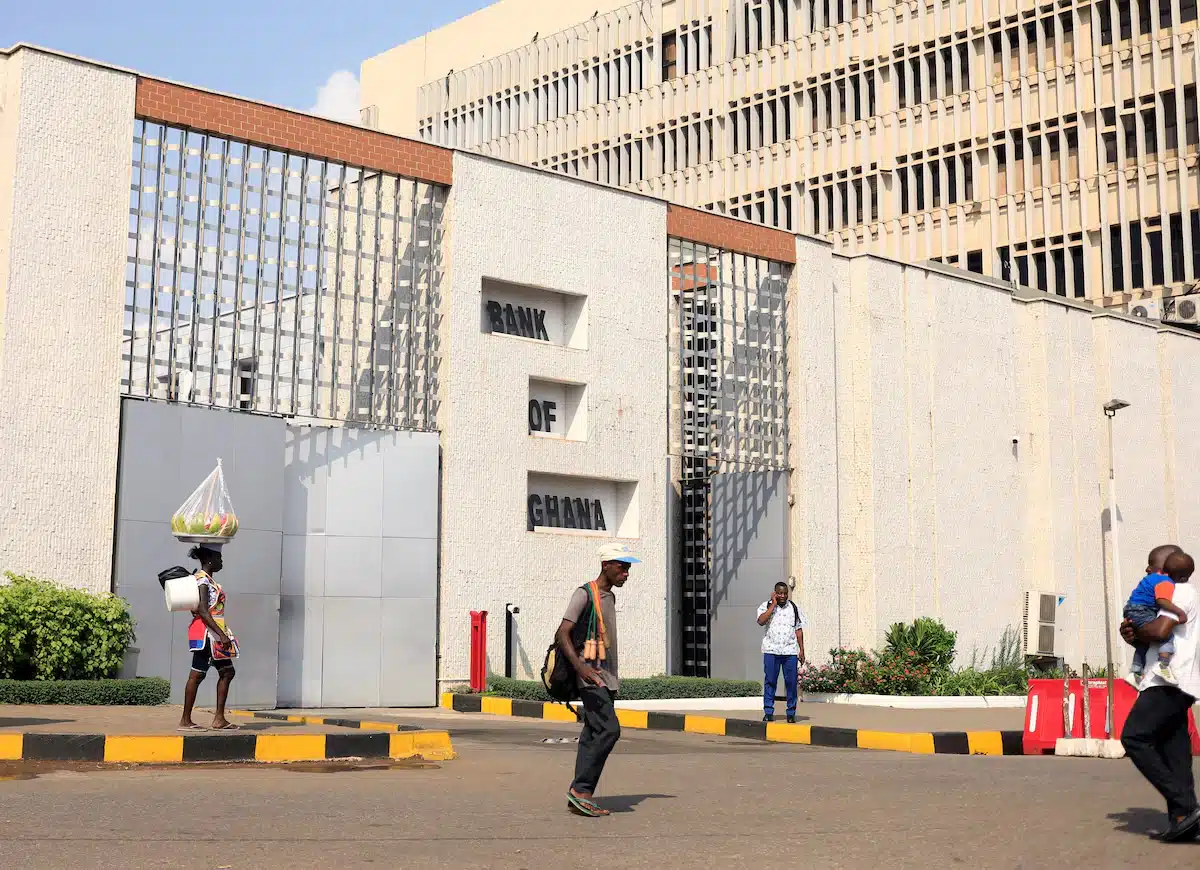Kenya’s private sector activity shrank at the fastest pace in a year in July 2025, as political protests, higher taxes, and surging fuel prices weighed heavily on business operations.
The country’s Purchasing Managers’ Index (PMI) dropped to 46.8 in July from 48.6 the previous month, marking the third straight monthly decline and the lowest reading since July last year, according to a survey published on Tuesday by Stanbic Bank Kenya.
A PMI below 50.0 indicates a deterioration in business conditions, while a reading above signals an improvement.
“The PMI dropped for the third consecutive month in July and was further below the 50.0 neutral threshold,” the report read. “At 46.8, down from 48.6 in June, the index signalled a solid downtum in the health of the private sector economy.”
Over the past year, Kenya has witnessed waves of anti-government protests that have disrupted business operations and supply chains.
Tensions escalated in July as demonstrators clashed with police in major towns, and shops were looted and set ablaze. Firms said the unrest, along with high inflation, led to a slump in sales and reduced customer footfall.
According to the country’s National Bureau of Statistics, inflation rose to a three-month high of 4.1% in July, from 3.8% in June, as prices rose across most categories.
Total new orders declined at the sharpest rate in 12 months, as consumers cut back on spending amid rising living costs.
Christopher Legilisho, an economist at Standard Bank, said the data “reflect the negative impact that recent protests have had on businesses,” adding that weak consumer demand had hit services and manufacturing the hardest.
Although firms in construction, agriculture and sales reported stronger output, the gains were insufficient to lift overall activity, he noted.
Costs surge as tax hikes and fuel prices bite
Input cost inflation accelerated in July, driven by a steep increase in fuel prices and additional tax burdens.
Respondents reported that both purchase and operating expenses rose, pushing overall input costs to a seven-month high.
Selling prices were subsequently raised at the fastest pace since January, as companies sought to pass through rising costs to consumers.
“Pricing pressures increased due to a rise in fuel prices by the Energy and Petroleum Regulatory Authority(EPRA) in July,” Legilisho confirmed.
Purchasing activity and inventories fall
Firms cut back sharply on purchasing activity during the month, citing weaker demand and rising input prices.
The reduction was the fastest in nearly three years, with manufacturers recording the steepest declines. As a result, stocks of purchases fell—marking the first inventory reduction in 2025 so far.
Employment levels, however, remained broadly stable, allowing companies to clear backlogs of work. The drop in work-in-hand was the strongest since April 2021.
Confidence rises despite downturn
Despite the broad-based weakness, Kenyan firms were more optimistic about future output.
Business confidence rose for a second month in a row, reaching a 15-month high in July. Surveyed firms linked the improved sentiment to new product launches, land acquisitions and branch expansion plans.
“Employment conditions were stable, notwithstanding the dip in output,” Legilisho said. “Business confidence in future output increased for a second month in a row, indicating that firms anticipate they will be in a better state a year from now.
Still, the latest PMI data point to a fragile outlook for the economy, with inflation and political uncertainty continuing to weigh on near-term growth.









